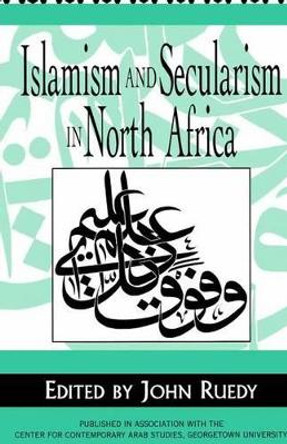Description
This book examines perceptions and experiences of Qur'anic schools in West Africa, outlining a much-needed postcolonial approach which considers the place of Islamic education within African decolonial debates about educational pluralism.
To overcome the challenges of problematic Eurocentric and colonialist stereotypes about religious actors and faith-based schools (which persist within comparative and international education scholarship and global policy agendas), the author harnesses decolonial theory and uncovers through fine-grained ethnography how parents and young people today engage with classical Qur'anic schools, Islamic schools, and French-medium secular education. Chapters thereby expose the fault lines around gender, descent-based or caste identities, and socioeconomic inequality, and their influence on individuals' pursuit of knowledge. Drawing on an impressive body of supporting literature from history, anthropology, linguistics, African studies and Islamic studies, the book unpacks the characteristics of the Islamic West African context of Senegal, rendering its population's Sufi Muslim worldview accessible to researchers concerned about achieving the Education for All agenda.
Advocating for a need to embrace greater plurality of African and Islamic perspectives, the book will be of great interest to academics, researchers and post-graduate students in the fields of development and African studies, the sociology of education, international education, anthropology and religious education. Policy-makers and practitioners involved in postcolonial and decolonial debates will also benefit from this volume more broadly.
About the Author
Anneke Newman is an anthropologist of development and Senior Postdoctoral Research Fellow at the Department of Conflict and Development Studies, University of Ghent, Belgium.
Reviews
"Anneke Newman's Decolonising Education in Islamic West Africa offers a fascinating critique of the dominance of secular perspectives in the field of comparative and international education (CIE). She shows how other-than-secular cosmologies and knowledges are systematically excluded from academic and policy literature in education, and how stereotypes, silences and secular biases are steeped in assertions of colonial and racial hierarchies. In response, Newman develops an analysis of the 'development-education-religion' nexus in Senegal, to offer counter-narratives of Qur'anic schools from parents' and students' own cosmological perspectives. In doing so, Newman brilliantly shows what expanding, pluralising and challenging the epistemic frame of CIE scholarship can achieve, arguing this is essential to decolonial struggles in education."
Arathi Sriprakash, Professor of Sociology and Education, University of Oxford, UK
"Anneke Newman's Decolonising Education in Islamic West Africa offers a fascinating critique of the dominance of secular perspectives in the field of comparative and international education (CIE). She shows how other-than-secular cosmologies and knowledges are systematically excluded from academic and policy literature in education, and how stereotypes, silences and secular biases are steeped in assertions of colonial and racial hierarchies. In response, Newman develops an analysis of the 'development-education-religion' nexus in Senegal, to offer counter-narratives of Qur'anic schools from parents' and students' own cosmological perspectives. In doing so, Newman brilliantly shows what expanding, pluralising and challenging the epistemic frame of CIE scholarship can achieve, arguing this is essential to decolonial struggles in education."
Arathi Sriprakash, Professor of Sociology and Education, University of Oxford, UK
Book Information
ISBN 9781032000442
Author Anneke Newman
Format Hardback
Page Count 280
Imprint Routledge
Publisher Taylor & Francis Ltd









